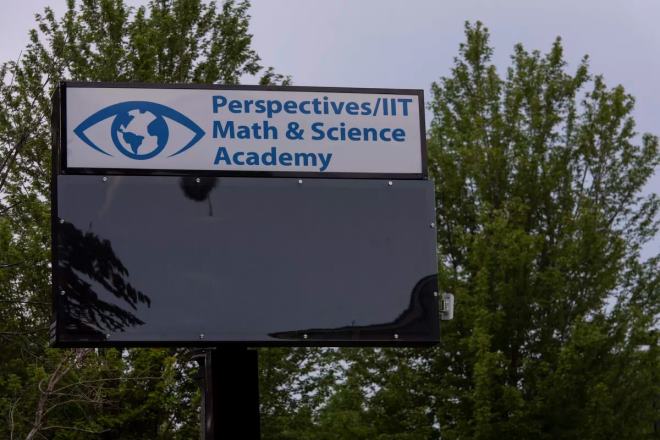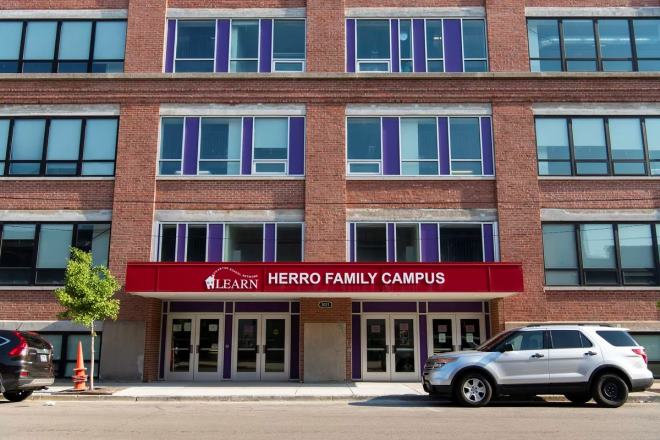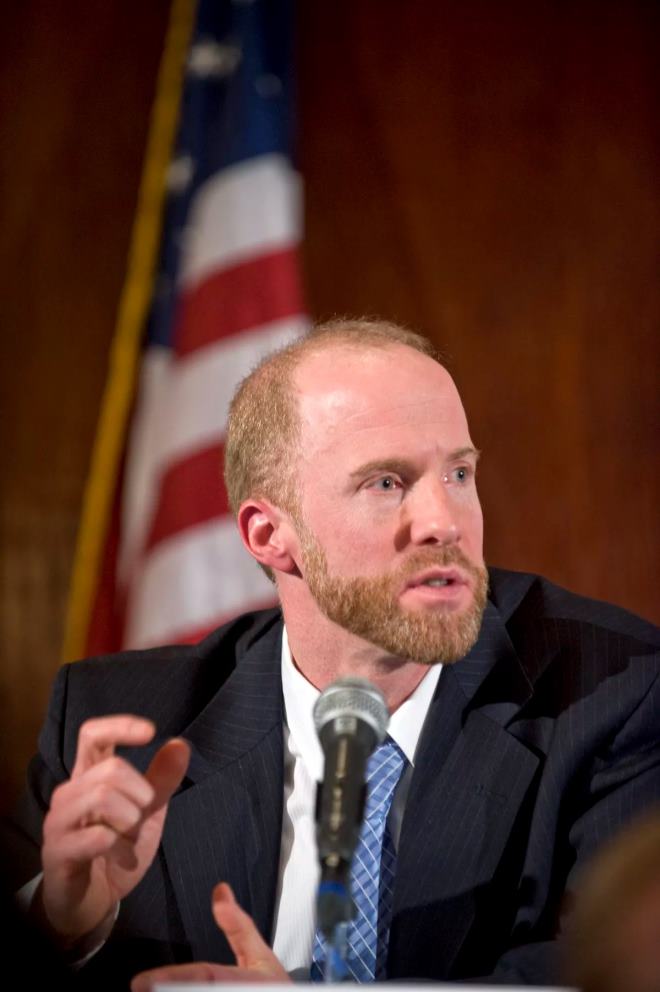|
Taxpayer-funded Chicago charter schools cashed in on COVID-19 loans; CPS seeks probe
By Lauren Fitzpatrick And Nader Issa
[with Includes informative graph.] The privately run schools got the federal Paycheck Protection Program money though they also got their full funding from Illinois taxpayers, a Sun-Times analysis finds. Publicly funded charter schools in Chicago and elsewhere in Illinois received a total of between $31.2 million and $74.7 million in federal loans intended to bolster small businesses and non-profits during the coronavirus pandemic, a Chicago Sun-Times analysis has found. Thirty operators of 56 schools got the federal money even though, unlike many other employers that sought Paycheck Protection Program loans, they hadn’t lost any of their normal funding from Illinois taxpayers. That prompted Chicago Public Schools officials to call Wednesday for an investigation of why the privately managed charter schools got the federal money. “We have asked our inspector general to review the legitimacy of applications submitted by charter operators,” CPS spokeswoman Emily Bolton said. “CPS did not endorse the Paycheck Protection Plan loan applications submitted by charter-school operators.” According to Bolton, CPS has continued throughout the 2019-2020 school year, uninterrupted, to distribute the full public funding that the privately run charter schools receive under state law meant to offer families broader school choice. CPS appears to be the first public school system to try to thwart charter schools from taking a share of the money that Congress allocated for small businesses to help keep their employees on the payroll amid plummeting business because of pandemic-related stay-at-home orders. CPS’s protest comes days after the U.S. Treasury department finally released the list of who got the forgivable loans doled out under the hastily assembled $660 billion program. Some national business chains and publicly funded companies that received much of the initial pot of money ended up returning the money after their loans were made public. The Treasury Department data that the Sun-Times analysis was based on didn’t disclose exact loan amounts, which were given only in ranges. And the information was limited to businesses that got loans of between $150,000 and $10 million, among them the Sun-Times’ parent company. Between $133 million and $321.5 million went to K-12 schools in Illinois. The program, designed mainly to give a boost to companies with fewer than 500 workers based on the number of employees they have, also allowed religiously affiliated organizations to apply. According to the program’s rules: “Before submitting a PPP application, all borrowers should review carefully the required certification that current economic uncertainty makes this loan request necessary to support the ongoing operations of the Applicant.” In Illinois, Catholic schools cumulatively got 119 PPP loans totaling between $51.4 million and $123.8 million — more than any other category of schools. More broadly, churches and other faith-based organizations in Illinois collected at least another $140 million. One Chicago-area Catholic school, St. Joseph, got between $150,000 and $350,000 from the federal program intended to stave off layoffs. That was even though the Archdiocese of Chicago had announced months earlier that the elementary school would permanently close June 30. The archdiocese, which employs about 15,000, said it showed its parishes and schools how to apply, citing a “drop in offertory collections which support our parishes and schools” combined with an average 15 percent drop in tuition payments and the inability to host fundraising events. “Even in the best of times, tuition often pays only a portion of the cost of educating a student,” archdiocese spokeswoman Yasmin Quiroz said. “Many parishes support their school financially.” Quiroz said the St. Joseph loan was shared between the school and the church. Secular private schools in Illinois — some with tuition as high as $61,000 a year — got $19 million to $48 million from the program. Public schools have access to a separate, $13.5 billion pool under the Coronavirus Aid, Relief, and Economic Security Act, known as the CARES Act, which Congress passed in late March. CPS’ allotment is $205 million of the $569.5 million earmarked for Illinois, some of that for charters. U.S. Education Secretary Betsy DeVos has demanded that public school districts share that funding with private schools. Several states sued DeVos this week, accusing her of using the CARES Act to divert public funds to private schools. Andrew Broy, president of the Illinois Network of Charter Schools advocacy organization, said charter operators faced budget crunches as a result of added spending on computer and Internet needs for remote learning. The charter organization got its own loan of $150,000 to $350,000. It has 14 employees and, according to its latest public filing, in December 2017, was paying Broy $350,000 a year. The LEARN charter chain, which operates seven schools in Chicago and two more elsewhere in Illinois, got one of the biggest loans, between $5 million and $10 million. It has 485 employees. Perspectives Charter Schools, operator of five schools in Chicago, got at least $2 million, as did KIPP Chicago Schools, which has eight schools in the city.
|
.
Any original material on these pages is copyright © BishopAccountability.org 2004. Reproduce freely with attribution.


